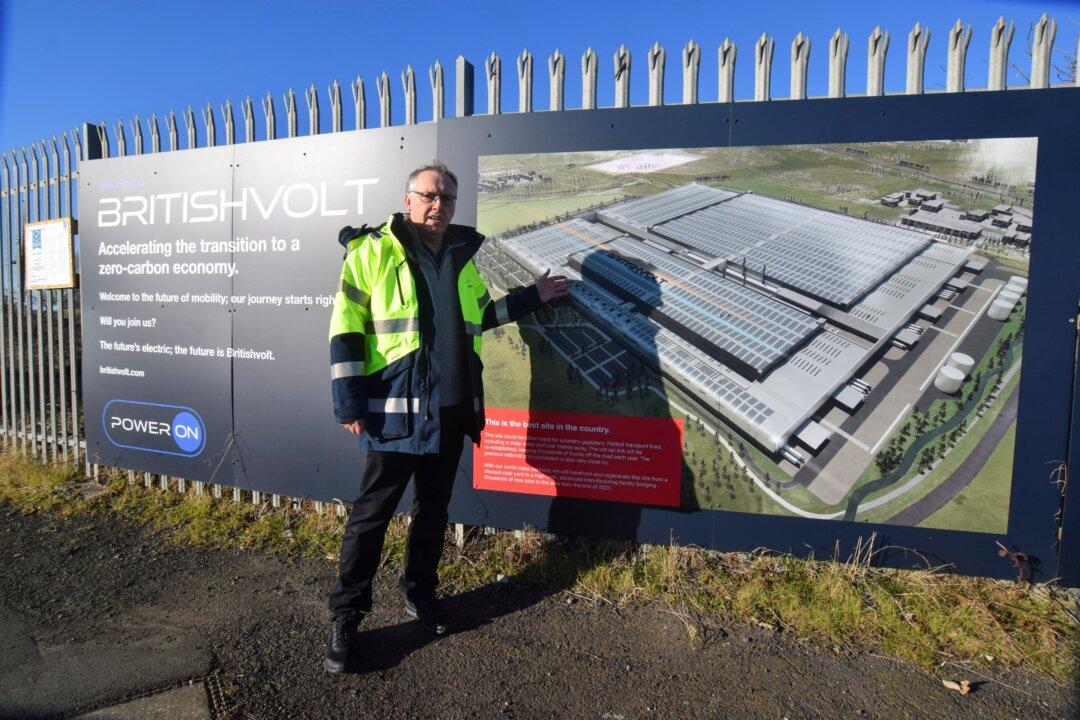Britain should give up on plans for gigafactories making batteries for electric cars and accept that it cannot compete with countries with lower labour costs, according to an energy expert.
Britishvolt, a start-up that planned to build a huge factory in Blyth, Northumberland, went into administration earlier this month owing £100 million to creditors.





